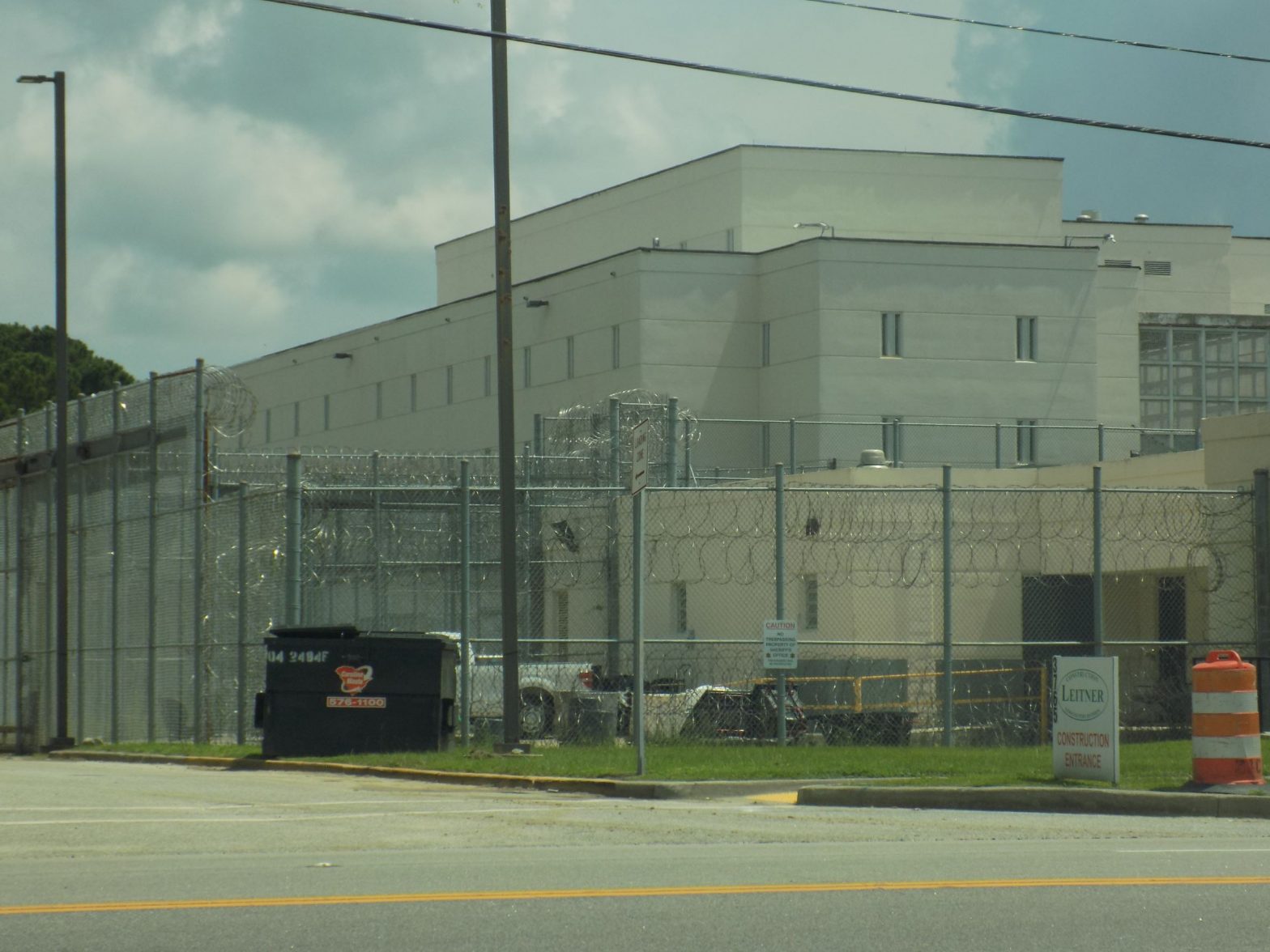FCC Rule Change Poised to Help Deaf Inmates

WASHINGTON — The Federal Communications Commission is looking at ways to help deaf incarcerated people connect better with their families through improved telecommunications services, including video chatting, in prisons and jails throughout the country.
“Incarcerated people face considerable barriers to stay in touch with their loved ones, which include nearly 3 million children. The challenge of staying connected is even greater for incarcerated people who are deaf, hard-of-hearing, deaf-blind, or who have a speech disability,” wrote Chairwoman Jessica Rosenworcel in her monthly preview ahead of Thursday’s meeting.
This is part of the commission’s long-running look into the telecommunications rules in May 2021, with the goal of making services more affordable and accessible for the millions of incarcerated people across the country. This latest rule change that will be voted on Thursday would require all prisons to have more avenues to place calls, including requiring prisons with broadband connections to allow for video calls.
The rule change will also require all prisons to have Telecommunications Relay Services — a service that allows incarcerated people to place calls using text, which then requires a phone operator acting as a translator to read that text to the recipient of the call.
The commission will also continue looking into how to improve these services to facilitate communications.
“Consistent with the FCC’s statutory mandate to make sure people with disabilities have access to telecommunications services that are ‘functionally equivalent’ to what most of us enjoy, no matter where you reside, the commission will consider a proposal to require prison phone providers to offer greater access to all forms of relay services, along with other accessibility measures,” Rosenworcel wrote. “This order also includes measures to inject more fairness in the system, such as a reduction in prison phone rates for ancillary service charges.”
Advocates have been working to see these changes for more than a decade and hope the new rule changes bring some comfort to incarcerated people who face more challenges in prison because of their disability.
“For too long, disabled incarcerated people have been completely denied opportunities to maintain relationships with family, friends, advocates and attorneys, all while suffering extreme abuse, violence and isolation that is exacerbated for incarcerated disabled people,” said Roxanne Zech, an advocate with HEARD, a group working to help deaf inmates. “We hope that the FCC’s order will make it easier for incarcerated people with communication disabilities, their loved ones and advocates to get what they have long deserved.”
Zech explained deaf incarcerated people have challenges in their day-to-day lives, such as not being able to hear basic announcements and often not having anyone to talk to. So, phone calls to family and friends are often their only lifeline out, she said.
“Access to telecommunication is often the only means of communication. It creates opportunities for building and strengthening relationships, and gaining access to support and services from people with shared language and identities, which decreases their chance of returning to incarceration after release,” Zech said. “It also allows for incarcerated people to contact crisis hotlines that allow them to report systemic physical and sexual abuse and violence that is rampant in carceral settings.”
Madeline can be reached at [email protected] and @MadelineHughes
























